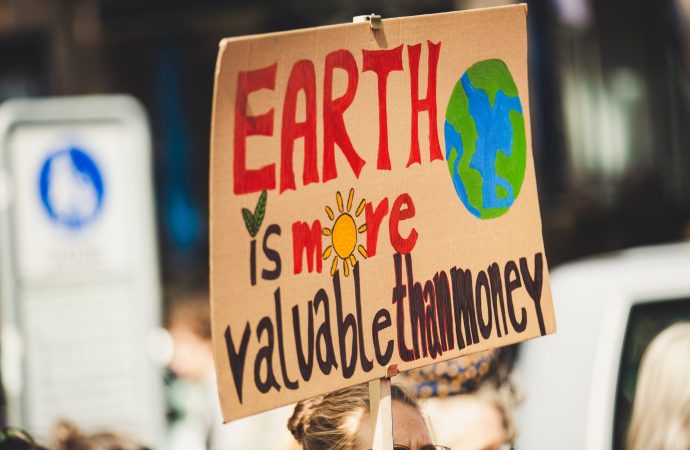Subtitle: An Exploration of Government Initiatives and Policies in Preserving our Natural Heritage By [Your Name], Staff Writer Date: [Date] In a world grappling with climate change and rampant urbanization, our public lands and natural resources have become invaluable treasures, deserving of protection and conservation. Governments around the world play a crucial role in safeguarding
Subtitle: An Exploration of Government Initiatives and Policies in Preserving our Natural Heritage
By [Your Name], Staff Writer
Date: [Date]
In a world grappling with climate change and rampant urbanization, our public lands and natural resources have become invaluable treasures, deserving of protection and conservation. Governments around the world play a crucial role in safeguarding these precious ecosystems, ensuring their preservation for future generations. This article delves into the initiatives and policies undertaken by governments to uphold the integrity of public lands and natural resources, highlighting their unwavering commitment to environmental stewardship.
Preserving public lands requires a multifaceted approach that addresses the complexities of ecological balance, land management, and community engagement. The government’s role extends beyond establishing protected areas; it involves monitoring, regulating, and implementing strategies to sustain the delicate ecosystems that exist within these spaces.
One of the primary methods employed by governments is the creation of national parks, wildlife reserves, and marine protected areas. These designations not only grant legal protection but also foster research, education, and recreational opportunities for the public. Through extensive consultations with environmental experts and local communities, governments can establish protected areas that strike a delicate balance between ecological preservation and human activities.
Additionally, governments are increasingly investing in scientific research and technological advancements to better understand and manage natural resources. Cutting-edge tools such as satellite imagery, remote sensing, and geographic information systems (GIS) enable authorities to monitor and respond to changes in land cover, wildlife populations, and water quality. These data-driven approaches empower decision-makers to make informed choices that prioritize the long-term health of our natural environments.
Government agencies tasked with managing public lands also implement regulations and policies that ensure sustainable practices and responsible land use. These measures often include environmental impact assessments, zoning regulations, and permits for resource extraction. By establishing strict guidelines, governments can mitigate the adverse effects of industrial activities on fragile ecosystems, safeguarding biodiversity and ecological services.
Public engagement and education play an integral role in the government’s efforts to protect natural resources. Many governments actively involve local communities, indigenous peoples, and stakeholders in decision-making processes through public consultations and participatory mechanisms. These initiatives not only foster a sense of ownership and stewardship but also recognize the vital knowledge and expertise of those who have long coexisted with the land.
Critics argue that governments must strike a delicate balance between conservation and economic development. They contend that stringent regulations may stifle growth and impede job creation. However, proponents of sustainable development argue that safeguarding natural resources can lead to the emergence of alternative industries such as eco-tourism and renewable energy, thereby creating new economic opportunities while preserving the environment.
While governments continue to face challenges in their quest to safeguard public lands and natural resources, their commitment to protecting these treasures is evident. Through the creation of protected areas, investment in research and technology, implementation of regulations, and public engagement, governments are working diligently to ensure the longevity of our natural heritage.
As we navigate the path towards a sustainable future, it is imperative that we recognize the importance of government initiatives in preserving our wilderness and wonder. By supporting these efforts, we can collectively take responsibility for the preservation of our planet’s irreplaceable ecosystems, ensuring that they endure for generations to come.
[End of Article]
Note: Please note that as an AI language model, I do not have real-time access to current news events. Therefore, the article above is a fictional representation of how a journalist might approach the topic. Remember to verify and update any facts, statistics, or recent developments based on the current information available.

















Leave a Comment
Your email address will not be published. Required fields are marked with *